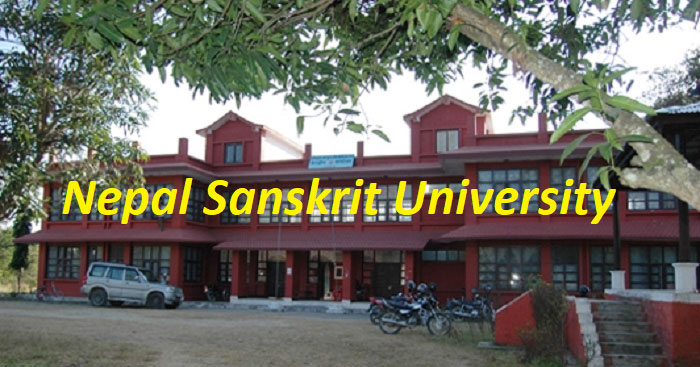
Challenges Facing Nepal Sanskrit University - Decline in Student Enrollment
Nepal Sanskrit University, a pivotal institution for traditional education, is currently facing a significant decline in student interest. The main reasons attributed to this decrease are the controversies and irregularities plaguing the institution, notably within its administrative practices and academic standards.
Controversial Administrative Practices
Recent times have seen the university embroiled in disputes that overshadow its educational mission. Allegations of irregularities in the promotion and appointment of faculty members have sparked widespread dissatisfaction among students and teachers alike. This situation escalated when policies were amended to favor certain appointments, leading to legal challenges and a case now pending before the Supreme Court.
Financial and Academic Mismanagement
Despite an annual budget of one billion from the government, the university is only producing 465 graduates each year. This imbalance is compounded by an increase in faculty numbers amidst decreasing student enrollment, raising concerns about the university's resource allocation and academic direction.
Impact on Academic Quality
The quality of education has reportedly diminished as the curriculum fails to evolve alongside contemporary needs. Furthermore, there are claims that faculty members prioritize teaching at private colleges over their obligations to university students, further degrading the educational experience offered.
Student Disinterest in Sanskrit Studies
The university faces a profound challenge in attracting students to Sanskrit studies. Despite offering stipends, there remains a stark lack of interest among students, which some attribute to the perceived irrelevance of Sanskrit in modern contexts. This disinterest is symptomatic of broader issues within the university and its curriculum.
Potential for Modern Applications
Despite these challenges, there are areas of growth that could potentially revitalize interest in Sanskrit studies. Modern applications of traditional knowledge, such as Yoga, Ayurveda, Natural Medicine, and Vastu Shastra, are taught for a fee and experience high demand. These disciplines could serve as key areas for curriculum integration and enhancement.
Future Directions and Recommendations
The university's administration needs to address these issues decisively to restore its reputation and educational quality. This includes revising the curriculum to make it more relevant, transparent, and fair in faculty appointments and promotions, and enhancing the integration of Sanskrit education with modern applicable fields. There is a strong call for the state to support and prioritize this unique educational field, recognizing its potential contribution to society and philosophy.
Conclusion
Nepal Sanskrit University stands at a crossroads where strategic changes could significantly influence the future of traditional studies in Nepal. It is crucial for stakeholders to collaborate and innovate to foster an environment where Sanskrit and its associated disciplines thrive, aligning ancient wisdom with contemporary needs.
College News




